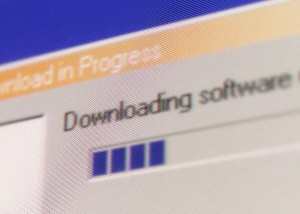 Your Internet experience could be very different after the most recent ruling on the issue of net neutrality. As CultureMap Houston reported back in 2010, the US Court of Appeals for the District of Columbia ruled against the Federal Communications Commission’s attempt to keep the flow of information on an equal access basis. The Federal Communications Commission had attempted to impose penalties based on Net neutrality principles and not regulations.
Your Internet experience could be very different after the most recent ruling on the issue of net neutrality. As CultureMap Houston reported back in 2010, the US Court of Appeals for the District of Columbia ruled against the Federal Communications Commission’s attempt to keep the flow of information on an equal access basis. The Federal Communications Commission had attempted to impose penalties based on Net neutrality principles and not regulations.
After that ruling the Federal Communications Commission went back and drew up regulations to address this issue, but those have also been shot down by the same court. They determined that companies that provide broadband services are not required to offer equal access to Internet content.
The ruling was based on a 2005 US Supreme Court decision that broadband services are not to be classified as telecommunications services and its infrastructure is not considered a public right of way.
So what does this mean to the average person? For one, this opens the door for broadband companies like Verizon, AT&T and others to charge access fees to Internet content providers like Google, Netflix and even CultureMap. They could also offer priority access through their networks, ensuring companies that provide streaming services don’t buffer when network congestion is like traffic on the west loop during rush hour.
All this will create additional expenses to those companies which will no doubt be passed along to you, the consumer. And it also opens the door to broadband providers blocking sites that refuse to pay the fees. Without regulation, you could wind up not being able to access sites because they don’t have an agreement with your Internet provider. (Much like the on-going fight over carriage fees between CSN Houston and cable providers.)
So do we rely on the government to create new laws to address Net Neutrality, or do we let the free market play out and let the chips fall where they may?
Federal Communications Commission Chairman Thomas Wheeler said in a statement that the commission “will consider all available options, including those for appeal, to ensure that these networks on which the Internet depends continue to provide a free and open platform for innovation and expression.” But, much like Don Quixote, the chairman may be tilting at windmills.


